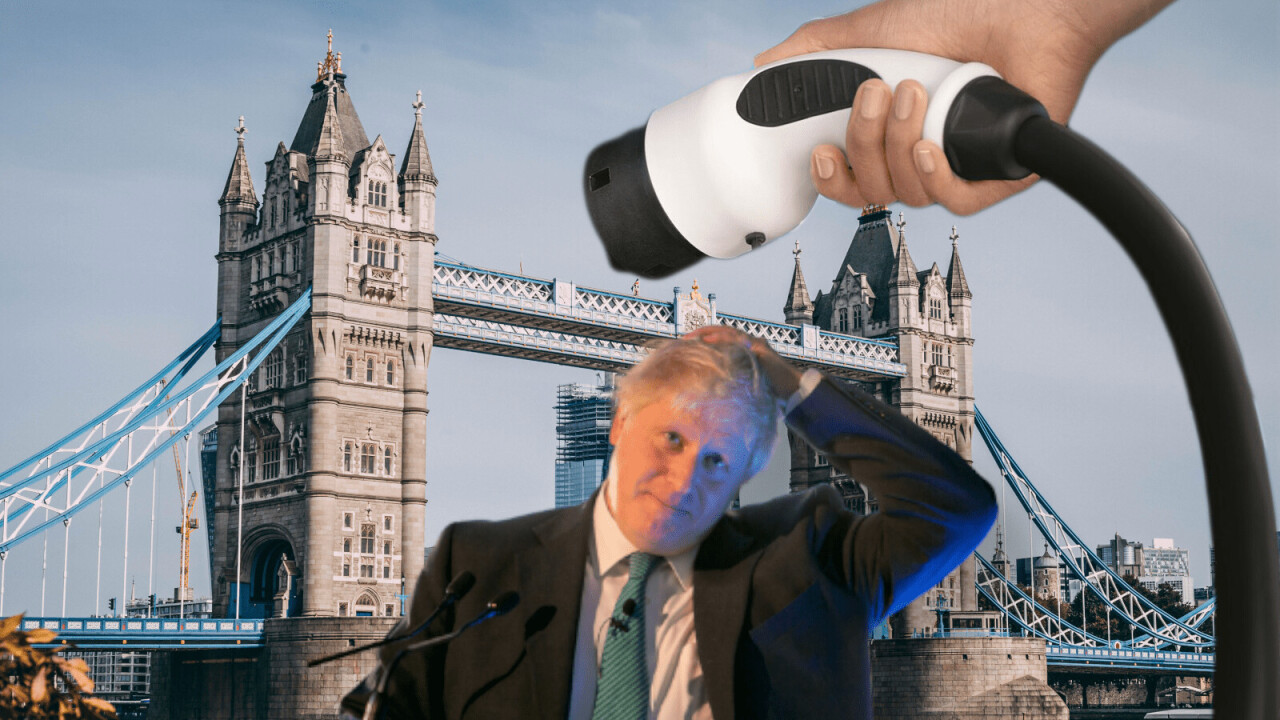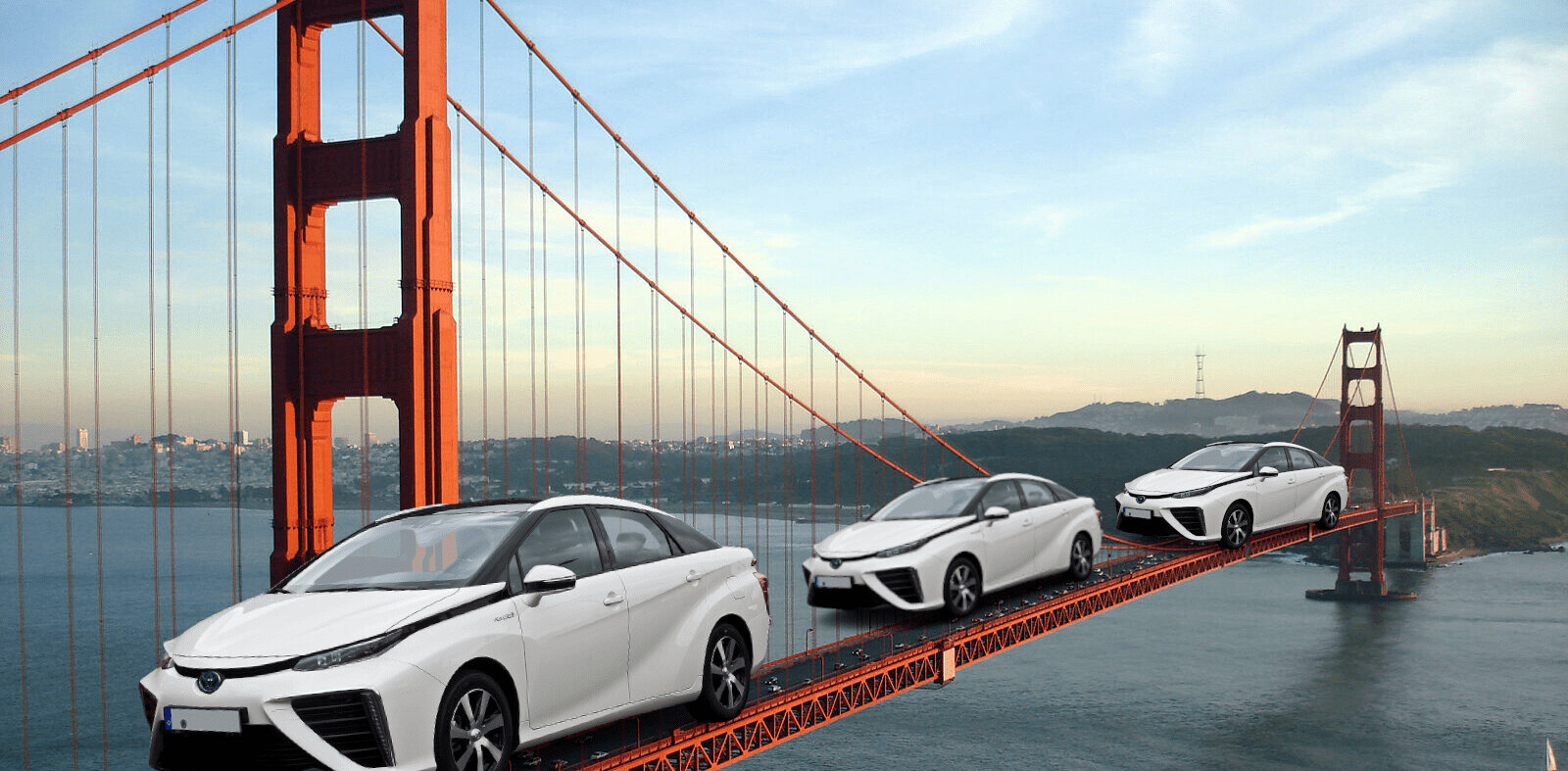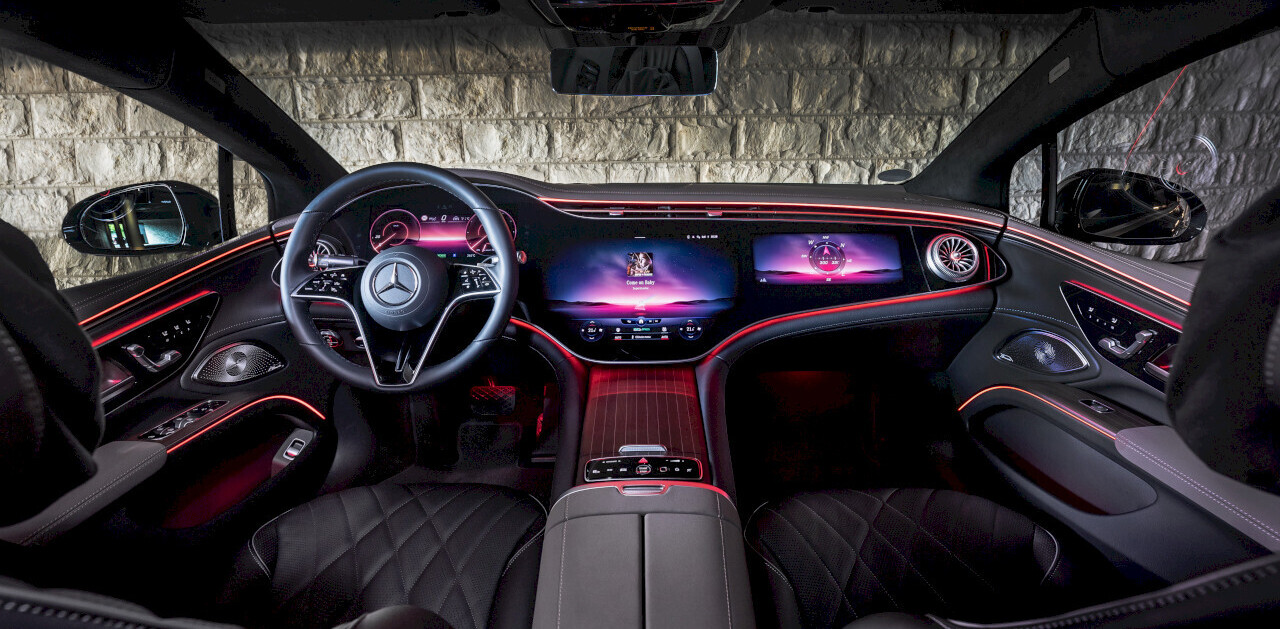
Government subsidies to encourage people to switch to greener forms of transport are nothing new. They’ve proven to be popular and effective, but climate campaigners are now calling for some of them to be removed.
Campaign group Transport and Environment (T&E) is calling on the UK government to put an end to subsidies and tax breaks for plug-in hybrid models, Reuters reports.
The demands come in response to recent emissions studies that plug-in hybrid produces far more emissions than carmakers advertise.
[Read: Why this security engineer loves working in infosec]
Emissions Analytics tested the BMW X5, Volvo XC60, and Mitsubishi Outlander plug-in hybrids and found even in ideal conditions they still emit more CO2 than their brands say they should.
T&E’s seniro director for clean vehicles, Julia Poliscanova, shared some rather scathing words:
Plug-in hybrids are fake electric cars, built for lab tests and tax breaks, not real driving. Governments should stop subsidizing these cars with billions in taxpayers’ money.
Volvo and Mitsubishi contested the findings on the basis that they meet emissions regulations and had no oversight of the tests, which can sometimes deliver unreliable results.
Indeed, there might well be a discrepancy between the emissions figures quoted by manufacturers compared to third-party tests. Since Dieselgate, we should be well aware to take manufacture claims with a spadeful of salt.
However, plug-in hybrids are a step in the right direction, albeit a small one.
For drivers that don’t have access to decent charging infrastructure, or perhaps have to tow cargo regularly hybrids do provide a better option than sticking with gasoline for power.
In the grand scheme of things though, T&E won’t have to wait for much longer before their concerns become irrelevant.
Earlier this month, the UK government decided to bring the ban on petrol and diesel vehicles forward by 10 years to 2030. Plug-in hybrid vehicles will be banned by 2035.
Until then, it seems reasonable that the government continue incentivizing drivers towards greener options, however small the environmental gains might be.

Get the TNW newsletter
Get the most important tech news in your inbox each week.





